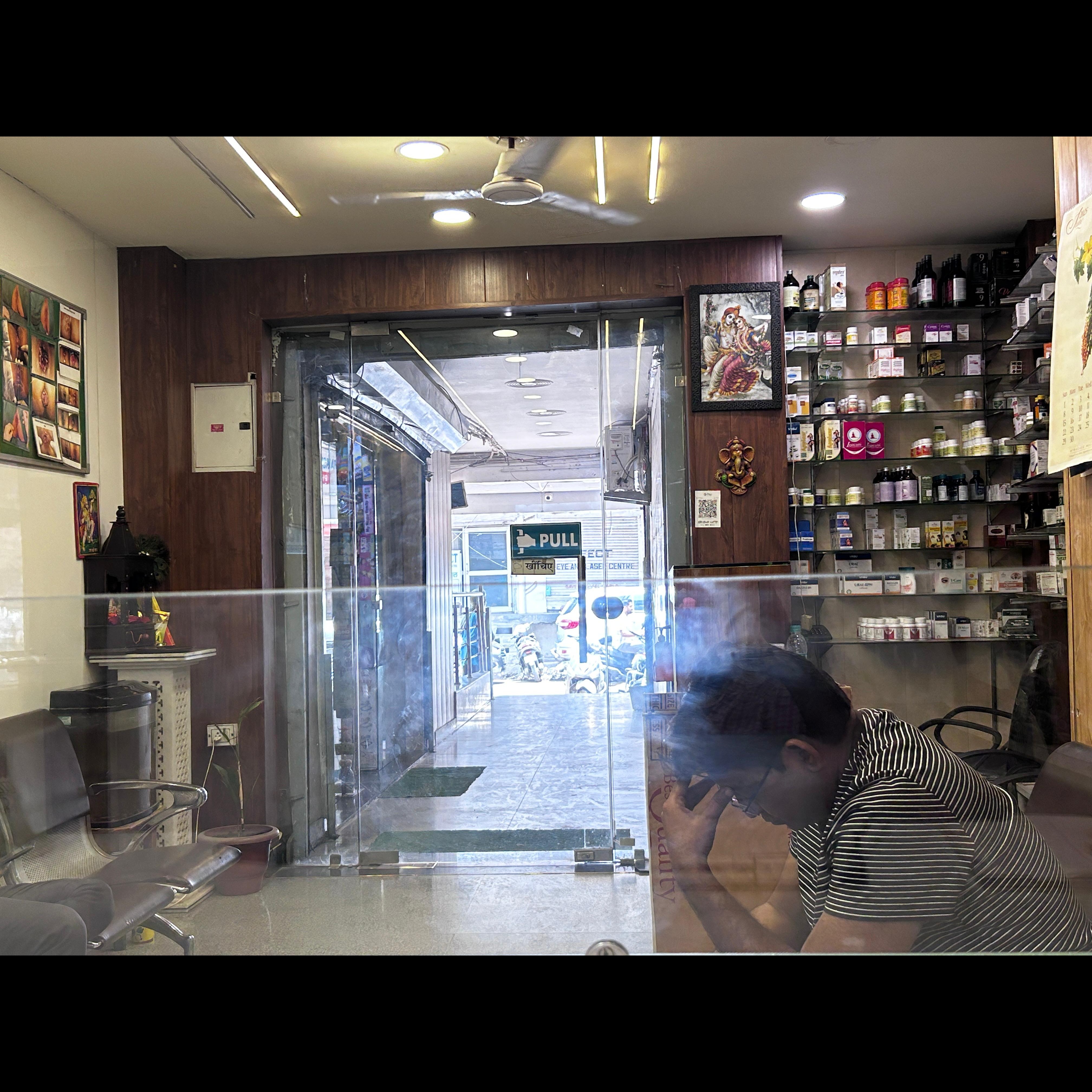
2025-06-14T06:47:15
Best Fistula Hospital In Uttam Nagar A fistula is an abnormal connection or passageway between two organs, vessels, or structures that normally do not connect. Fistulas can occur in various parts of the body and can be caused by injury, infection, inflammation, surgery, or underlying diseases such as Crohn’s disease or cancer. Common Types of Fistulas: Anal/Perianal Fistula: Connects the anal canal to the skin around the anus. Often follows an abscess. Common in Crohn’s disease. Enterovaginal or Rectovaginal Fistula: Connects the rectum or bowel to the vagina. Can lead to fecal matter passing through the vagina. May result from childbirth injury, surgery, or radiation. Vesicovaginal Fistula: Connects the bladder to the vagina. Causes urine leakage through the vagina. Arteriovenous Fistula (AVF): An abnormal connection between an artery and a vein. Can be congenital or created surgically for dialysis access. Enterocutaneous Fistula: Connects the intestine to the skin. Often occurs after abdominal surgery. Symptoms (depending on location): Pain, swelling, or tenderness Drainage of pus or fluid Fecal or urinary incontinence (in some types) Recurrent infections or abscesses Diagnosis: Physical exam Imaging: MRI, CT scan, fistulogram, or ultrasound Endoscopy or colonoscopy (for internal fistulas) Treatment: Medical: Antibiotics, anti-inflammatory drugs, treatment of the underlying condition (e.g., Crohn's disease) Surgical: Fistulotomy, seton placement, flap procedures, or tissue grafts depending on the complexity Minimally invasive: Fibrin glue, plugs, or laser therapy in selected cases

